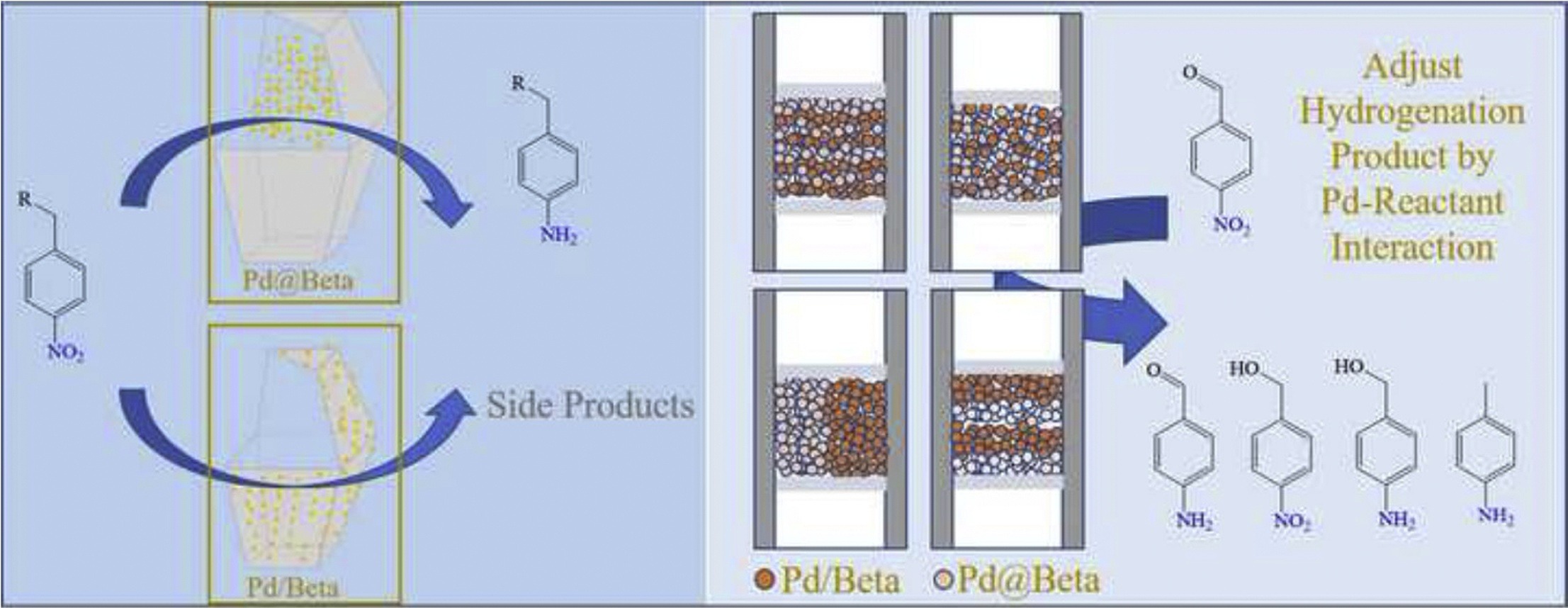- Volumes 84-95 (2024)
-
Volumes 72-83 (2023)
-
Volume 83
Pages 1-258 (December 2023)
-
Volume 82
Pages 1-204 (November 2023)
-
Volume 81
Pages 1-188 (October 2023)
-
Volume 80
Pages 1-202 (September 2023)
-
Volume 79
Pages 1-172 (August 2023)
-
Volume 78
Pages 1-146 (July 2023)
-
Volume 77
Pages 1-152 (June 2023)
-
Volume 76
Pages 1-176 (May 2023)
-
Volume 75
Pages 1-228 (April 2023)
-
Volume 74
Pages 1-200 (March 2023)
-
Volume 73
Pages 1-138 (February 2023)
-
Volume 72
Pages 1-144 (January 2023)
-
Volume 83
-
Volumes 60-71 (2022)
-
Volume 71
Pages 1-108 (December 2022)
-
Volume 70
Pages 1-106 (November 2022)
-
Volume 69
Pages 1-122 (October 2022)
-
Volume 68
Pages 1-124 (September 2022)
-
Volume 67
Pages 1-102 (August 2022)
-
Volume 66
Pages 1-112 (July 2022)
-
Volume 65
Pages 1-138 (June 2022)
-
Volume 64
Pages 1-186 (May 2022)
-
Volume 63
Pages 1-124 (April 2022)
-
Volume 62
Pages 1-104 (March 2022)
-
Volume 61
Pages 1-120 (February 2022)
-
Volume 60
Pages 1-124 (January 2022)
-
Volume 71
- Volumes 54-59 (2021)
- Volumes 48-53 (2020)
- Volumes 42-47 (2019)
- Volumes 36-41 (2018)
- Volumes 30-35 (2017)
- Volumes 24-29 (2016)
- Volumes 18-23 (2015)
- Volumes 12-17 (2014)
- Volume 11 (2013)
- Volume 10 (2012)
- Volume 9 (2011)
- Volume 8 (2010)
- Volume 7 (2009)
- Volume 6 (2008)
- Volume 5 (2007)
- Volume 4 (2006)
- Volume 3 (2005)
- Volume 2 (2004)
- Volume 1 (2003)
• Pd nanoparticles were rationally controlled on or inside zeolite crystals.
• Pd location affected the catalytic performance in nitroarene hydrogenation.
• Different catalytic performances were due to different Pd–reactant interactions.
• Catalyst stacking manner strongly influenced the catalytic performance.
• Catalyst stacking manner was related to Pd–reactant interaction.
Product selectivity adjustment is a much-studied topic in mesoscience that is critical for industrial processes and strongly related to reaction intermediates formed by interactions between catalytic active sites and reactants. Herein, we report efficient adjustment of the product selectivity in the hydrogenation of substituted nitroarenes via rational reaction intermediates achieved using controllable Pd nanoparticles. Pd nanoparticles fixed within zeolite Beta crystals (Pd@Beta) afforded rational Pd–NO2 interactions, in which the Pd nanoparticle-adsorbed substituted nitroarenes, such as nitrobenzaldehyde, were reasonably hydrogenated into the corresponding aminobenzaldehyde. However, for Pd nanoparticles supported on the external surfaces of zeolite beta crystals, various side products were obtained owing to the coexistence of Pd–NO2 and Pd–C=O interactions. When Pd nanoparticles were artificially controlled in various positions in a fixed-bed reactor, the product selectivity was significantly affected. These results demonstrate the importance of molecular adsorption and diffusion processes in adjusting product selectivity in catalytic reactions.

